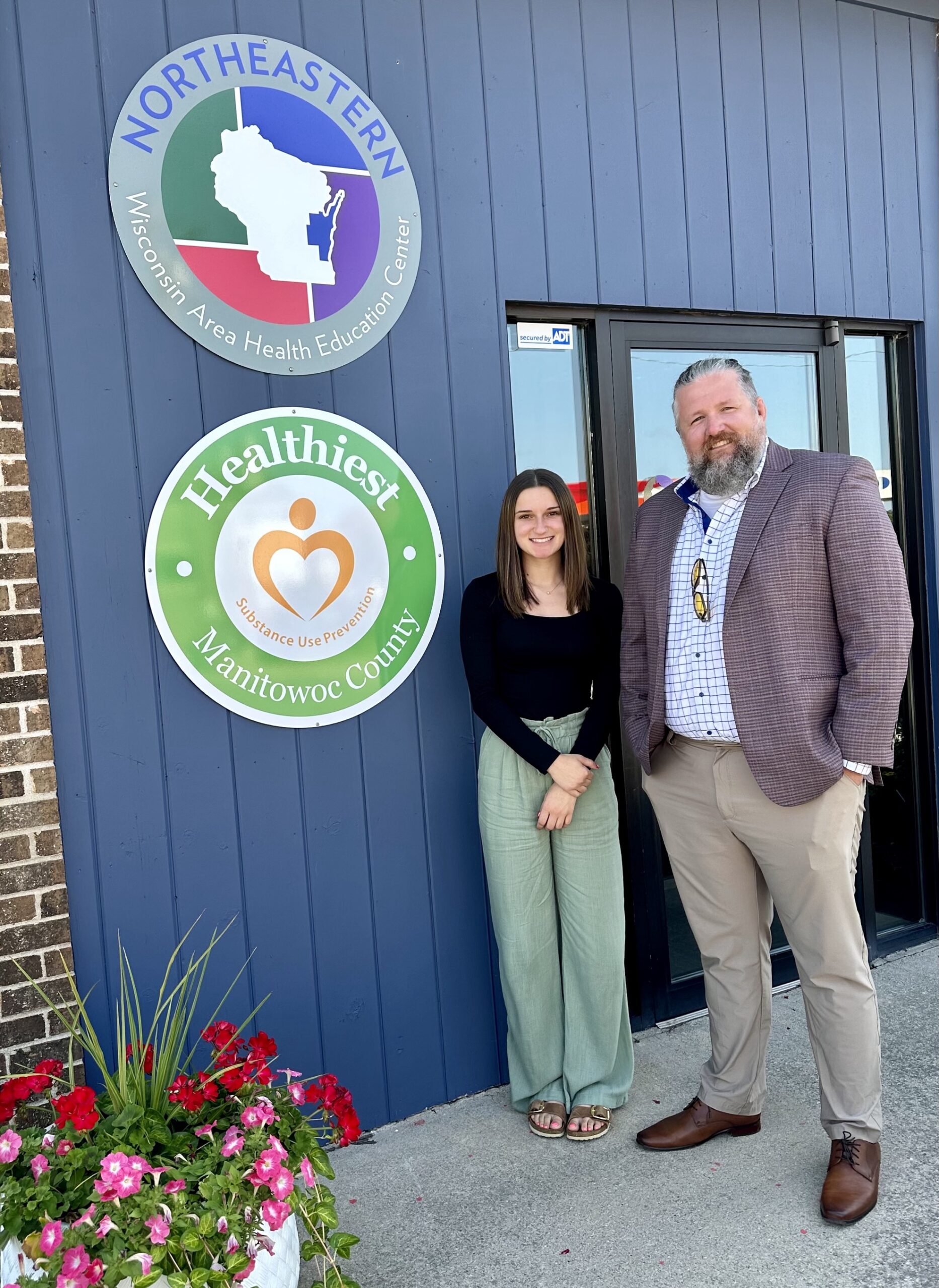
Better Together with Cody Richards, APSW, CSAC, CCHP
Better Together with Cody Richards, APSW, CSAC, CCHP
Written By Brinn Holschbach, Prevention Program Support
Cody Richards: A Journey of Education and Dedication
Cody Richards, a Certified Correctional Health Professional with Freedom Behavioral Health, has made it his mission to guide individuals in the justice system through the difficult journey of addiction recovery. His work as an Addiction Recovery Specialist in jails is not just a job—it is a calling that has shaped his life and the lives of those he helps.
Cody’s path to becoming an Advanced Practice Social Worker was paved with determination and a deep-seated desire to understand and help those who struggle with addiction. He began his academic journey by earning a bachelor’s degree in social work at the University of Wisconsin-Green Bay, developing a solid foundation in the psychological factors that contribute to addiction. Not stopping there, Cody went on to earn his master’s degree in social work at Concordia University. While awaiting his licensure from the State of Wisconsin, he received his Certified Substance Abuse Counselor license to further extend his credentials. This advanced education allowed him to gain the skills necessary to not only understand addiction from a psychological standpoint but also to develop strategies to help individuals overcome their dependencies.
Challenges and the Role of Prevention
Working within the confines of the justice system presents unique challenges. As an Alcohol and Other Drug Abuse (AODA) counselor in jails, Cody deals with individuals who are often at their lowest point, facing both legal consequences and the burden of addiction. His role goes beyond traditional counseling; it involves building trust with inmates, many of whom have experienced past trauma. He approaches his work with empathy and a deep understanding of the struggles his clients face—as he has experienced similar issues in the past himself.
The environment that Cody works in is far from easy. Jails are not designed as therapeutic settings, and the individuals he counsels often have limited resources and support systems. Yet, Cody remains undeterred. He draws on his training and personal experiences to offer hope to those who feel hopeless.
Another challenge often faced is the dependability of grants to continue his work within the justice system. As mental health is often stigmatized and deprioritized, Cody works each day to challenge these misunderstandings. He believes that prevention is a cornerstone of effective addiction recovery. The battle against addiction does not just start in the jails—it begins long before, permeating all depths of society.
Insights and Personal Reflections
As a recent college graduate embarking on a career in mental health and forensic psychology, my interview with Cody Richards was both insightful and inspiring. Speaking with someone who has dedicated their life to such impactful work gave me a deeper understanding of the challenges and rewards of this field.
Cody’s commitment to prevention and his approach to addiction recovery resonated with me, reinforcing the importance of addressing mental health issues at their root. This conversation also highlighted the profound influence that professionals like Cody can have on individuals and communities. It has strengthened my resolve to pursue a career that not only focuses on treatment but also advocates for preventative measures and systemic change. Cody’s experience and perspective have provided valuable lessons as I begin my own journey within the field, reminding me of the critical role compassion and understanding play in this career.
